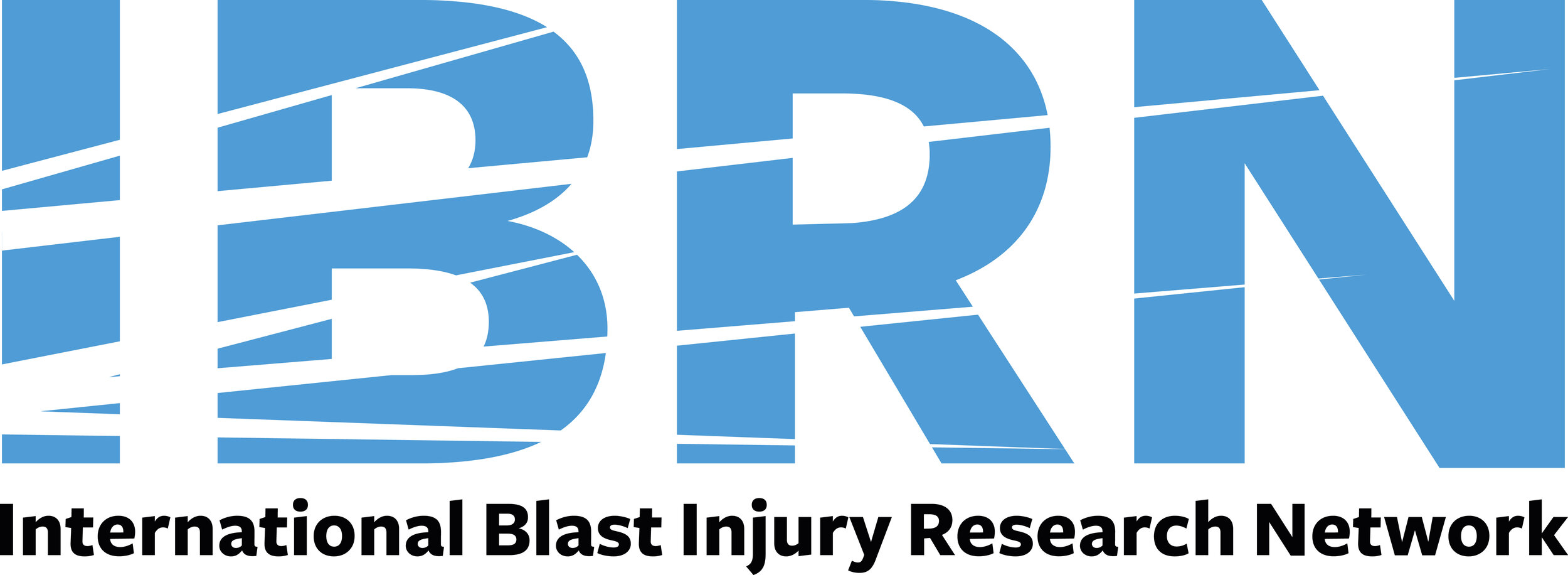Clinical Guidelines
Dr Wild’s research has laid the groundwork for policy dialogue and clinical advancements in the following fields: (1a-b) the epidemiology of conflict-related injury among noncombatants, with a focus on the most vulnerable populations such as pediatric blast injury; (2) context-appropriate translation of advances in high-resource trauma systems to austere and conflict-affected settings; and (3) the inclusion of nomadic, conflict-affected populations in health systems. This has been manifested in peer-reviewed literature with implications that have been adopted by policymakers, and participation in multidisciplinary professional societies and networks of clinicians, humanitarian practitioners, and researchers focused on the care of civilians in combat zones ranging from military surgical teams to epidemiologists, geospatial analysts, and deconfliction experts.
Specific outputs and impacts:
1a. Epidemiology of conflict-related injury among civilians
1b. Pediatric blast injury
2. Translating advances in trauma care to humanitarian surgical care in conflict: This work has led to collaborations with organizations such as the United Nations Mine Action Service, Medicins Sans Frontieres, and International Committee of the Red Cross around improvements in the care of noncombatants injured in war zones.
3. Inclusion of nomadic conflict-affected populations in health systems: This work has been cited by the United Nations Report of the Commission on Human Rights in South Sudan, and led to participation in the Lancet series on Maternal Child Health Care in Conflict with a case study in South Sudan. It has led to collaboration with the Smithsonian Institute, Swiss Tropical and Public Health Institute, International Livestock Research Foundation, Bill and Melinda Gates Foundation, and Clinton Health Access Initiative regarding adoption of this methodology to improve care of nomadic populations in Sub-Saharan Africa.
For more information or collaboration, contact Dr Hannah Wild (hbwild@uw.edu).
